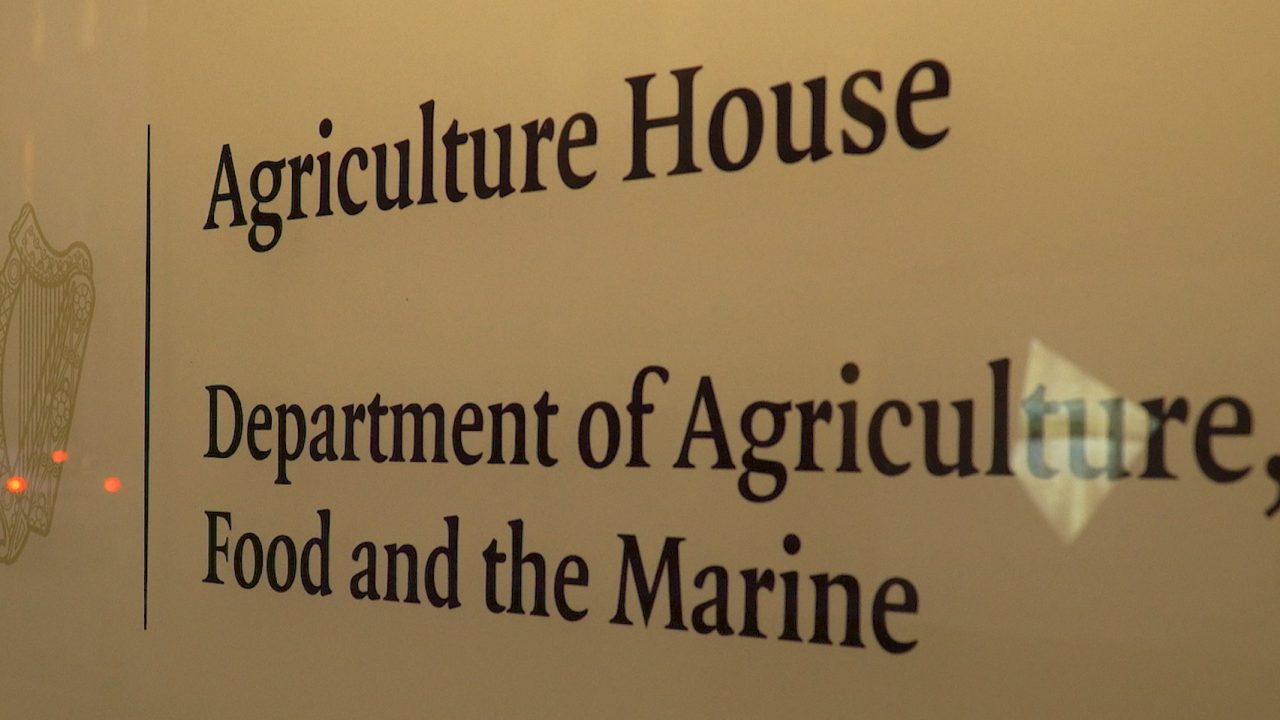Three progeny animals of the 10-year-old cow in which a case of atypical bovine spongiform encephalopathy (BSE) was confirmed have been identified and will be culled, the Department of Agriculture, Food and the Marine confirmed.
The department said that EU regulations require the identification and culling of these progeny.
The EU regulation in question – which lays down rules for the prevention, control, and eradication of certain transmissible spongiform encephalopathies (TSE) – does not distinguish between atypical BSE and classic BSE where the requirement to identify progeny is concerned.
The regulation requires all progeny born to a cow with BSE in the two years prior to, or two years after, clinical onset of the disease to be identified.
The department confirmed last week that beef exports to China were suspended after tests confirmed a case of atypical BSE.
The department said that the animal in question was a 10-and-a-half-year-old cow and was identified during the department’s on-going systematic surveillance of fallen animals at knackeries.
The animal did not enter the food or feed chain and there are no public health risks associated with this occurrence.
The department subsequently confirmed that, following the identification of this atypical BSE case, three progeny animals of the case animal were identified and restricted immediately on the department’s Animal Identification and Movement (AIM) and animal health systems.
“In accordance with EU regulations, these animals will be culled and disposed of outside the food and feed chains and arrangements are being made in that regard currently,” the department said in a statement.
“These animals pose no public or animal health risk,” the statement added.
The department went on to reiterate: “Atypical BSE is recognised as being a sporadic spontaneous disease at a very low level in the bovine population.
“All atypical BSE cases identified in Ireland have been single sporadic cases. It is testament to the effectiveness of the routine surveillance system in place in Ireland that his case was identified,” the department said.
